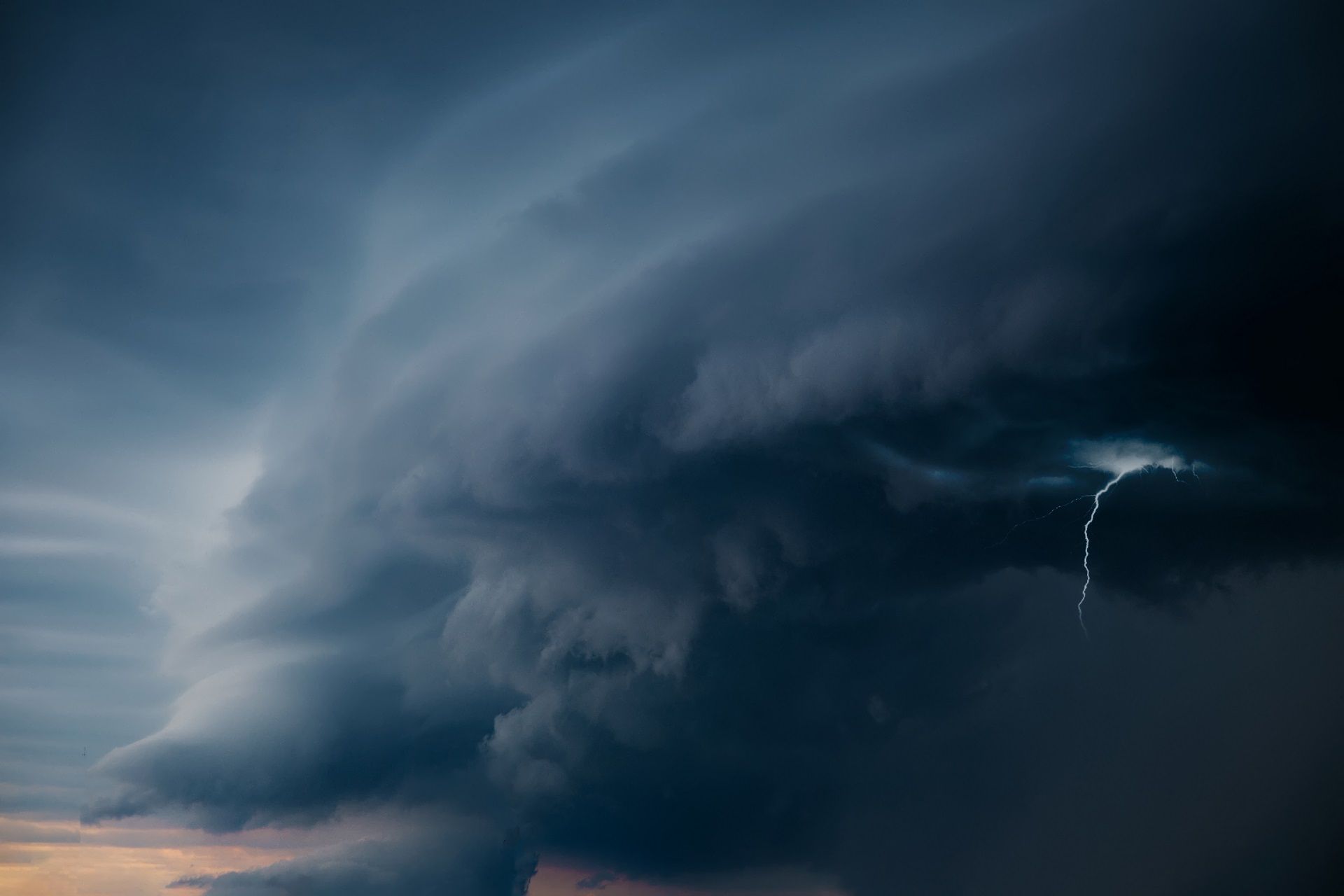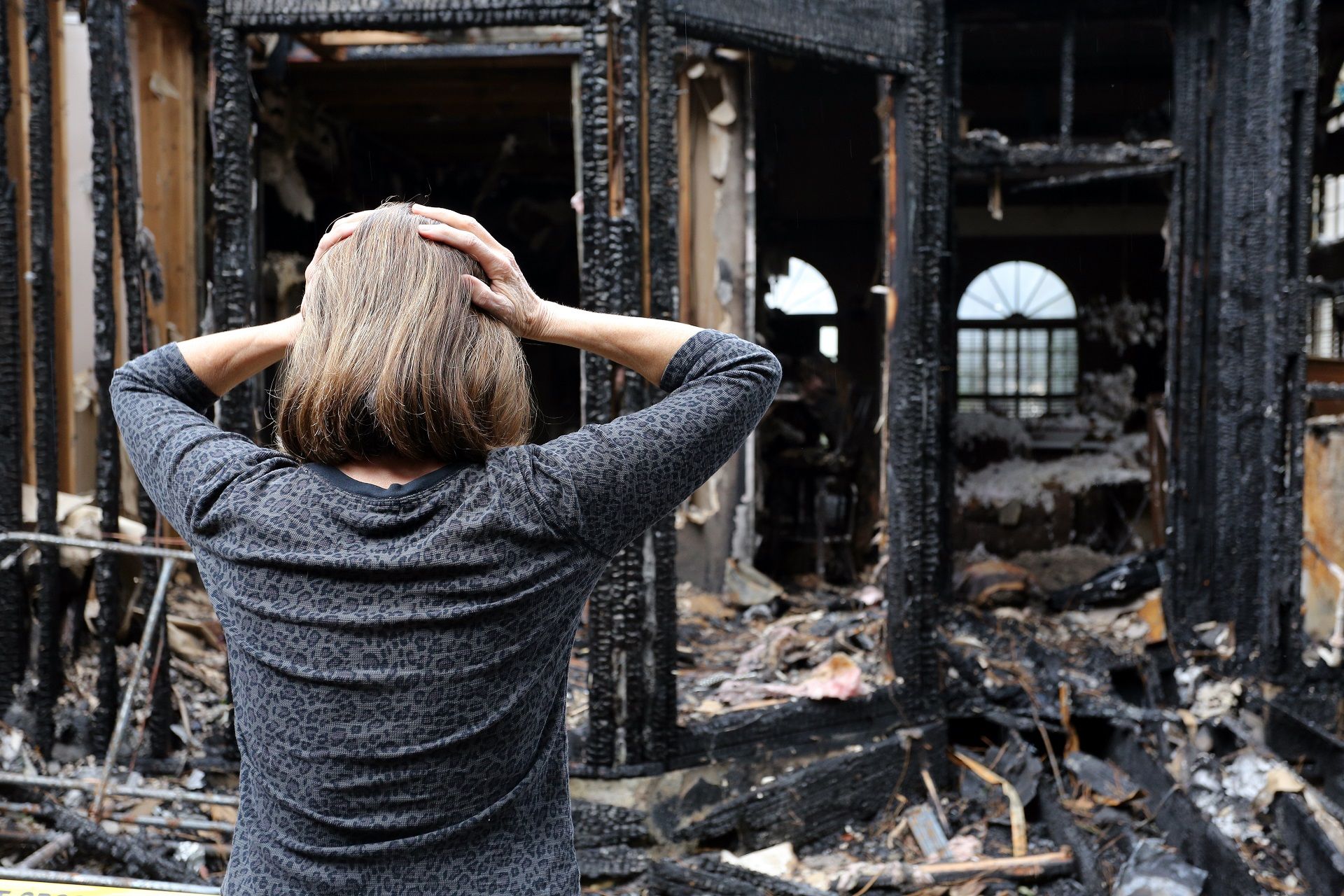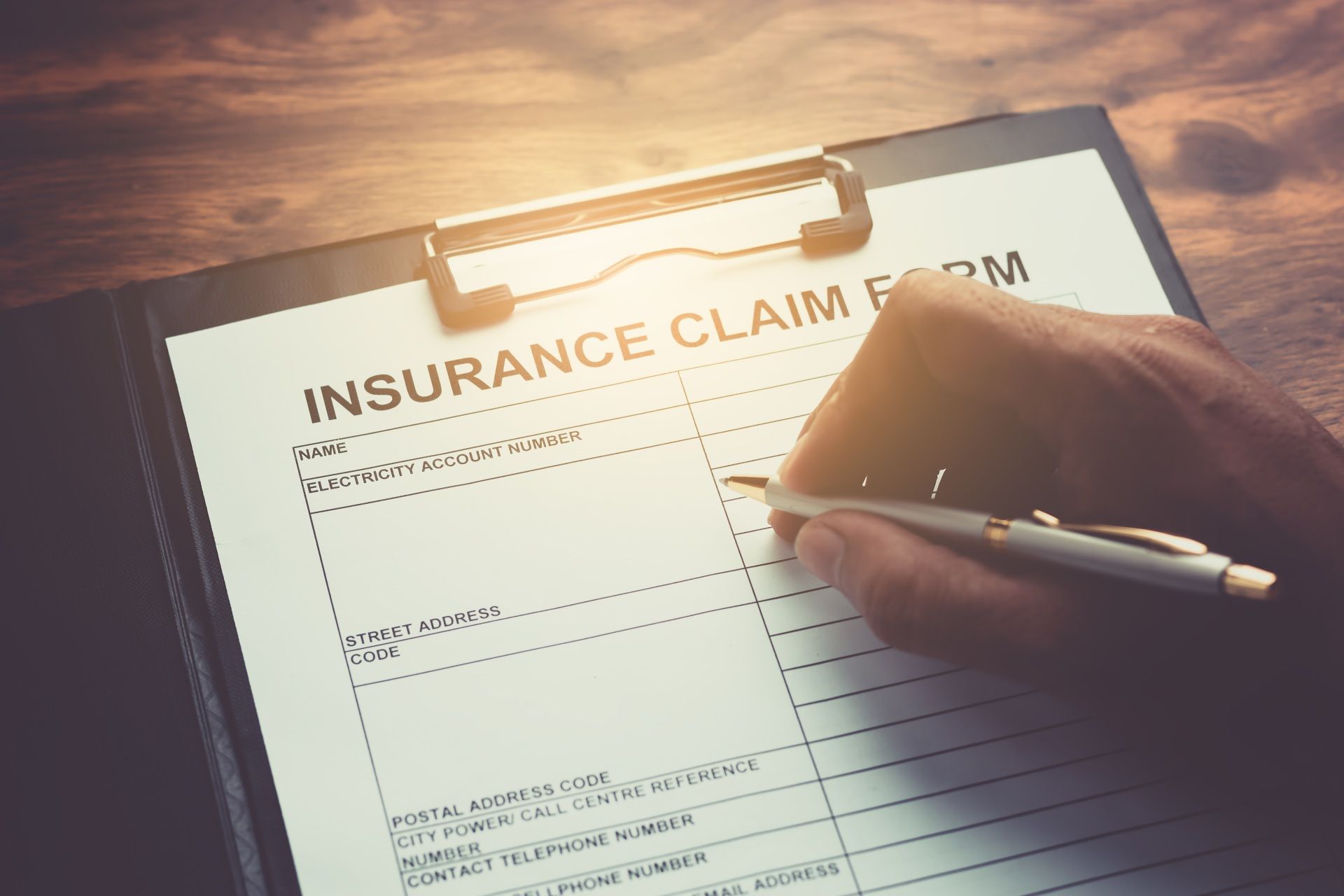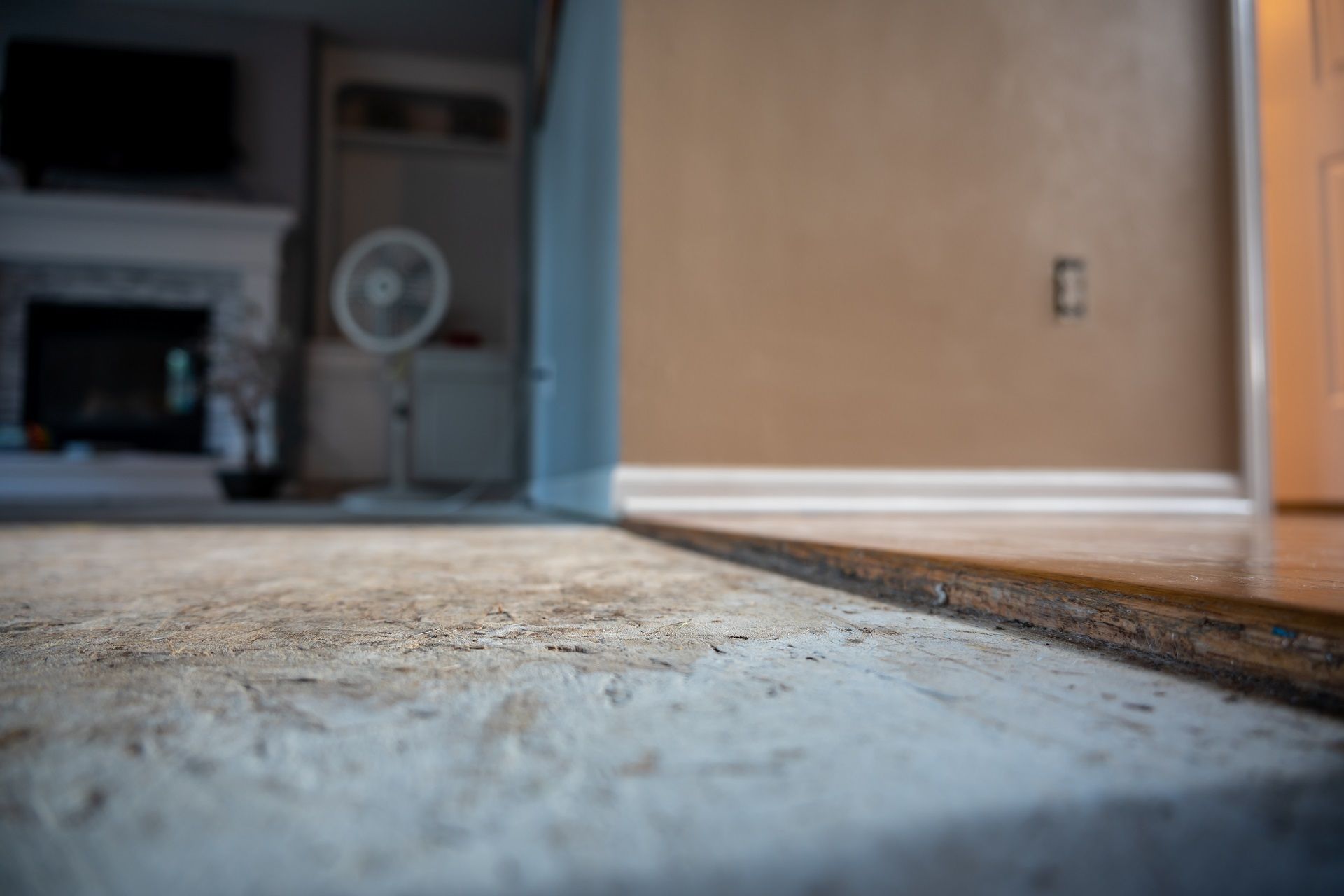5 Things You Need to Know About Wind Damage Insurance Claims
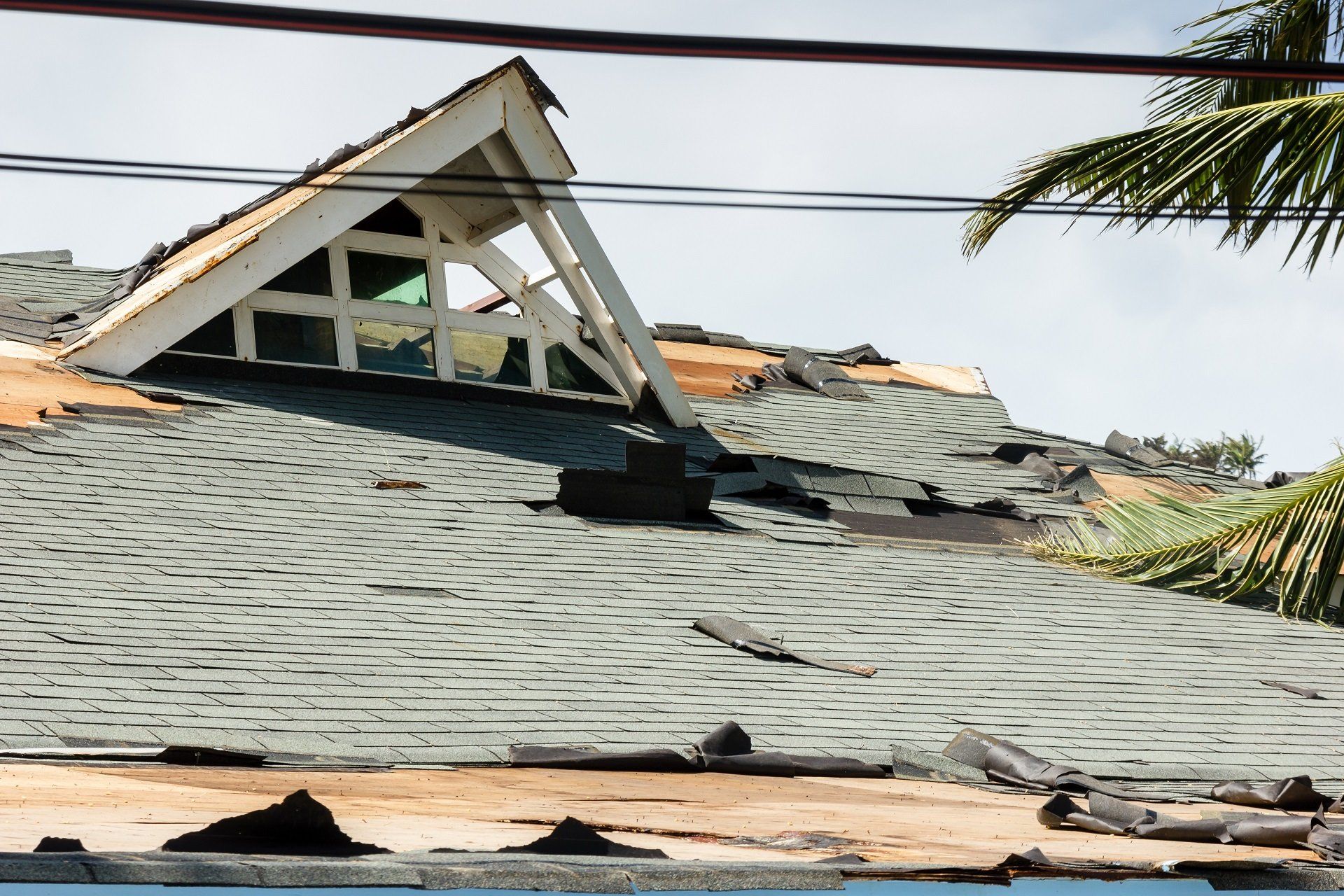
Winds can indeed wreak havoc on property. Strong winds will uproot trees, which might fall on a portion of the house, or blow away the roof or part thereof. No matter what happens, the damage, in either case, is extensive, and you will need every penny of the claim to keep your financial situation sane.
Wind damage claims need careful handling due to their tricky nature. There are five critical points which if you understand completely, will make things much more manageable. Hence, today, we aim to educate you about these critical points.
5 Things to Know About Wind Damage Insurance Claims
1. Homeowner’s Insurance Policy Mostly Covers Wind Damage – A typical homeowner’s insurance policy will cover wind damage. Nonetheless, it is always better to verify this little detail. Usually, what the insurance policy doesn’t cover is damage due to earthquakes and floods. Hence, it is always better to be sure of things and confirm them upfront instead of making any assumptions.
Sometimes having wind damage coverage also seems insufficient. For example, if there’s a storm that results in strong winds and floods, determining what exactly caused the property damage becomes challenging. For times like these, having a Public Adjuster batting for you will always be to your advantage.
2. The Insurance Company Is Obligated To Repair Or Replace The Roof Subject To Whatever Costs Less – When the roof of your property gets damaged due to wind, the insurance company is obligated by law to repair or replace the damaged portion. The key here is to remember that the insurance company will only pay you for whatever option is cheaper. Nevertheless, you can still run into issues. For example, if you were thinking of replacing your entire roof from the claim compensation, that will not happen. Your claim will only be for the damaged portion.
Another issue that arises is the shingles may have become discolored with age, and adding new ones will result in cosmetic improvements, which might not sit well with the insurance company. A Public Adjuster will assist you in getting compensation from the insurance company that caters to both cosmetic and repair value.
The only time complete roof replacement can be expected is only when the present roof is at the end of its life. So you pay for the undamaged portion from your pocket, and the insurance company pays for the damaged part.
3. The Danger From Anti-Concurrent Causation Clause – It is possible for two disasters to strike simultaneously. When that happens, the anti-concurrent causation clause may give you a setback. According to the clause, in the case of simultaneously occurring disasters, the homeowner will only be covered for one by the insurance policy. In essence, it means the policyholder can claim damages only against one disaster or catastrophe.
For example, suppose the wind blows away your roof and the overflowing bayou floods your home. In that case, the insurance company may choose to compensate you only for wind damage as you had not purchased any protection against flood.
When purchasing a homeowner’s insurance, keep this small tidbit of information in mind. If you live in a low-lying area, it will be better to buy protection against floods along with the wind. Covering all your bases will only make things easier in the future when the claim arises.
4. Windstorm Damage Is Not A Standard Policy Inclusion – In most American states, protection from wind damage is a standard part of the homeowner’s insurance policy, and so you don’t have to pay anything extra for it. But in those regions of the state frequented with high winds, the insurers charge a little more to cover wind damages.
In Florida, the government mandate is that all homeowner’s insurance policies must cover hurricane wind damage. Nevertheless, there are some high-risk areas where the same protection needs to be purchased through Citizens Property Insurance Corporation. Similarly, in some states, there is no cover at all for damage caused by winds. An example is Texas. In Texas, if you wish to protect your property from wind damage, you will have to purchase the said protection from a special pool called the Texas Windstorm Insurance Association.
The point here is if you reside in the hurricane-prone area of Texas or Florida, it would be better to revisit your residential insurance policy to understand your coverage for windstorm and hurricane damages fully.
5. Bank On Reputable And Experienced Local contractors For Repairs – There is a term for contractors who warm towards the areas with wind damage to cash in on the opportunity. They are called “Storm Chasers” or “Storm Chasing Contractors.” The problem with these contractors is that they are outsiders with no proper contacts in the area. At best, you can rely on them for substandard service.
Always choose to work with a reputable and experienced local contractor for getting estimates and physical repairs. With deep contacts and having full-scale knowledge of all possibilities, they are your best shot at getting correct estimates and top-notch service.
Rounding Up
Clearly, one thing that is of utmost importance is understanding the insurance policy. Do not ever make assumptions, as it may lead to a rude awakening. Instead, ask as many questions as possible before purchasing the insurance. No question is foolish, and the insurance agent should answer them to your satisfaction. The idea is to ensure that you are covering all possibilities, leaving nothing to chance. You can also hire a Florida Public Adjuster to help gain proper insight about what you are purchasing or have already purchased in the name of a Homeowner’s Insurance Policy. This knowledge goes a long way when a claim arises.
Residents of Florida can get in touch with Continental Public Adjusters for claim assistance and also understand the terms of their residential insurance policy. We are a reputable company with a successful track record in claim settlements. Our aim is to get you the settlement you deserve. To help you would be our pleasure.
Disclaimer: The information on this website and blog is for general informational purposes only and is not professional advice. We make no guarantees of accuracy or completeness. We disclaim all liability for errors, omissions, or reliance on this content. Always consult a qualified professional for specific guidance.


